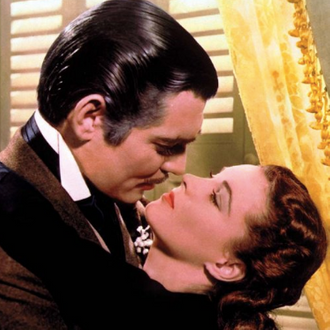
HBO Max has removed Gone With the Wind from its catalogue … sort of. An HBO Max spokesperson confirmed that the streaming service removed the 1939 film in light of nationwide discussions around racism and prejudice, but “it will return with a discussion of its historical context.” The decision to take down the movie followed the publication of a Los Angeles Times op-ed fittingly titled “Hey, HBO, Gone With the Wind romanticizes the horrors of slavery. Take it off your platform for now.” In it, John Ridley, screenwriter of 12 Years a Slave and creator of the TV series American Crime, argues that Gone With the Wind “romanticizes the Confederacy in a way that continues to give legitimacy to the notion that the secessionist movement was something more, or better, or more noble than what it was — a bloody insurrection to maintain the ‘right’ to own, sell, and buy human beings.” Ridley called for Gone With the Wind to be taken down from HBO Max temporarily, and return to the streaming service “after a respectful amount of time (…) along with other films that give a more broad-based and complete picture of what slavery and the Confederacy truly were.”
HBO Max seems to have taken Ridley’s words into consideration, emphasizing in their statement that the movie would eventually return to the platform along with “an explanation and a denouncement” of its “racist depictions.” Read the full statement from HBO Max below:
Gone With the Wind is a product of its time and depicts some of the ethnic and racial prejudices that have, unfortunately, been commonplace in American society. These racist depictions were wrong then and are wrong today, and we felt that to keep this title up without an explanation and a denouncement of those depictions would be irresponsible. These depictions are certainly counter to WarnerMedia’s values, so when we return the film to HBO Max, it will return with a discussion of its historical context and a denouncement of those very depictions, but will be presented as it was originally created, because to do otherwise would be the same as claiming these prejudices never existed. If we are to create a more just, equitable and inclusive future, we must first acknowledge and understand our history.


